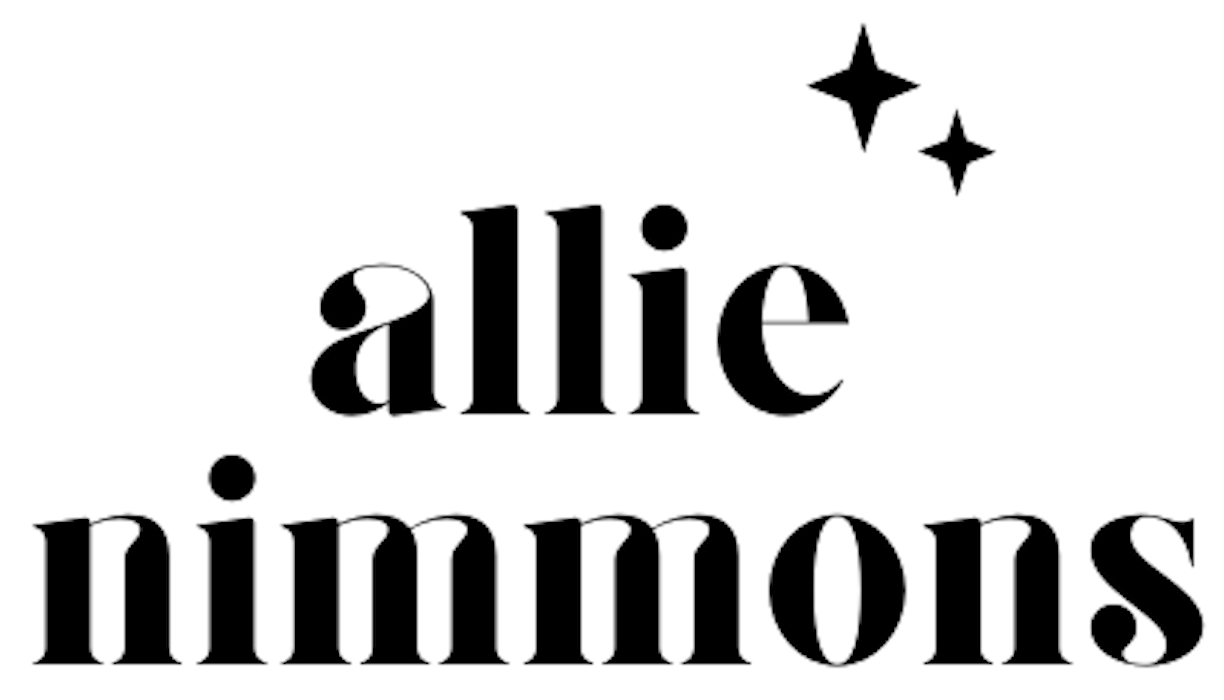It can be hard to know quite how to apply to speak at an event; filling out a call for speakers or speaker application can be so daunting. So I’m going to walk you through how to go through each part of the process and set yourself up for success!
(Note that your mileage may vary! All speaker selection application form and processes are different. Plus, organizers are looking for different things we can’t always anticipate. Your application could be 100% perfect and still not chosen. All that means is you should apply to the next one!)
Before you apply to speak at an event, vet that event
Make sure that this is indeed an event that you want to speak at! Don’t let anyone tell you that speaking for the sake of it is worth it. What does this event stand for? What are its goals? Who is organizing it and why? Do some research first and determine if this event is for you.
Clear any questions you have
Before you start answering questions on the application, ask your own questions! Read the whole application page and form in full. If you have questions, reach out to the organizers before you apply to speak at the event.
Some questions I’ve asked before include:
- How long should my talk be?
- What kinds of topics are you looking for?
- What kinds of topics are you not looking for/are oversaturated with?
- Are speakers compensated?
- What else are speakers asked to do in addition to give the talk?
- Will there be a Q&A after the talk?
- If I apply to speak at this event, how long will it take for me to hear back about whether or not I have been accepted?
Make sure you are confident you know what’s going on first, rather than asking important questions after sending in your submission.
Fill out the form carefully
Almost all forms will ask the same basic questions, so here are some tips I have for filling out a speaker application form.
Chances are, the grand majority of communication between you as a speaker and the event will take place over email. Organizers often need to share vital and time sensitive information with you. So make sure you leave an email that you have access to and check regularly. I would recommend against using a company email that you may not have access to 24/7.
Photo
You’ll probably be asked for a photo or headshot to use alongside your speaker information. It’s totally okay if you don’t have a professional high quality headshot to use! But the photo you upload should check some boxes. It should be well lit, ideally with you looking into the camera and smiling. Avoid using selfies as they can come off unprofessional. The photo should be taken from the shoulders up and have no other people in it other than you. Aim for the most neutral background you can.

Bio
Having a good speaker bio is super important if you plan to apply to speak at events. In fact, you may want to write one and then save it so you can use it consistently across all the events you apply to.
Start with your name, profession and location. Talk a little bit about your speaking experience and/or your work experience that makes you qualified to talk on this topic. End with a small piece of color about your interests, background, family, etc. It’s a good idea to limit yourself to 6 sentences or less.
Here’s one of mine as an example:
Allie Nimmons is an Austin-based WordPress builder and content creator. She has spoken at a dozen WordCamps and other events in the past 3 years. She is passionate about teaching others how to use WordPress through her courses, articles, and podcasts. She enjoys sushi, video games, and spending time with her husband.
Title
Writing a good title for a talk can be very tricky! It should be fairly succinct, explain what the talk is about, but also emphasize why someone should care!
So for example, say you want to give a talk about how to create a profitable blog for a business using WordPress. “Blog Writing Is for Everyone: The All Inclusive Guide to Blog Writing and being Successful With a WordPress Blog” isn’t the strongest title. It’s very long and doesn’t really describe what you’ll say. How does someone know this is a great talk for them specifically? How do they know it will solve their problem?
Instead try something more simple: “How to Start and Monetize a Business Blog.” Much shorter, but it also shows what questions you’ll answer, like how to start a blog and how to monetize a blog. It also zeroes in on the kind of blog – one for a business, rather than a personal one. Short, helpful, and descriptive always wins out!
Description
The description for your talk should communicate to organizers what you’ll actually be saying in your presentation. It should go into more detail about who the talk is for, the problems you’ll help solve, and any details about unique formatting or approaches. Remember, the description helps organizers vet your talk, but also is usually used by attendees to choose which talk to go to.
I use a particular formula for writing a talk description that you may find helpful. I start with the problem or conflict to be solved – that way an attendee can immediately think “oh, I have that problem!” or “nope, that’s not somethign I struggle with.”
Then I mention the content within the talk that solves the problem. What’s the solution? What’s my method or answer?
I end with a statement that begins with “In this talk, I will…” During this section I include mention of any unique formatting. Will I use a walkthrough, a demo, will I build something live, will I tell a story?
It’s also important to sprinkle in a mention of what type of attendee could benefit most from a talk like this. Is it for beginners or advanced users? Business owners or freelancers? Designers or developers?
Going back to our previous example, here’s a sample description:
While blogging can be extremely profitable for companies of all sizes, it can be hard as a beginner to know how to start a blog, much less monetize it. With WordPress and a few plugins, starting a blog that brings in money can be quick and painless. In this talk, Allie will demo how to start a blog with WordPress and then walkthrough of the process of setting up free and paid monetizing tools.
URLs
Some applications may ask you for links back to a webpage of your choice, or your social media profiles. If you have a website, definitely link to the homepage of that site so people can find you easily. Avoid sending in links to things like events or limited time offers, unless that is what’s requested. Speaking at events is a great link building opportunity, so long as you provide the right links consistently!
If you are asked to provide links to social media, make sure your social media presence is ready for people to find. Don’t create a Twitter with no bio, photo, or posts then link back to it. It’s better to not include social media links at all than link to profiles that are not optimized.
Proofread your form, then hit submit!
Apply again!
Now that you’re done with this application… apply to speak at the event again!
Many organizers are happy to accept more than one application from one person. If and only if the speaker application page states that more than one application is okay, feel free to submit up to 3 total applications.
Make sure your talk topics are varied if you submit more than once. Do not submit the same exact talk multiple times. Your application will most likely get thrown out entirely if you do this.
Look for a confirmation, or follow up
Check your email to make sure that your application(s) was received. Usually, you’ll get an automated message from the organizing team. If you don’t receive one in 24 hours, reach out to confirm receipt of your application.
Do not reach out immediately or consistently asking when you will hear back about whether your speaker application is confirmed. That’s just annoying!
What is okay is to ask once generally when the announcement will be made. And it’s okay to follow up if that time comes and you haven’t heard anything at all. Unfortunately, some organizers won’t email the people who got rejected. So it’s okay to reach out and confirm once.
I hope this helped you!
I’ve spoken at a lot of events, but I’m always learning. Did I miss any important details about applying to speak at an event? Please let me know in a comment!

